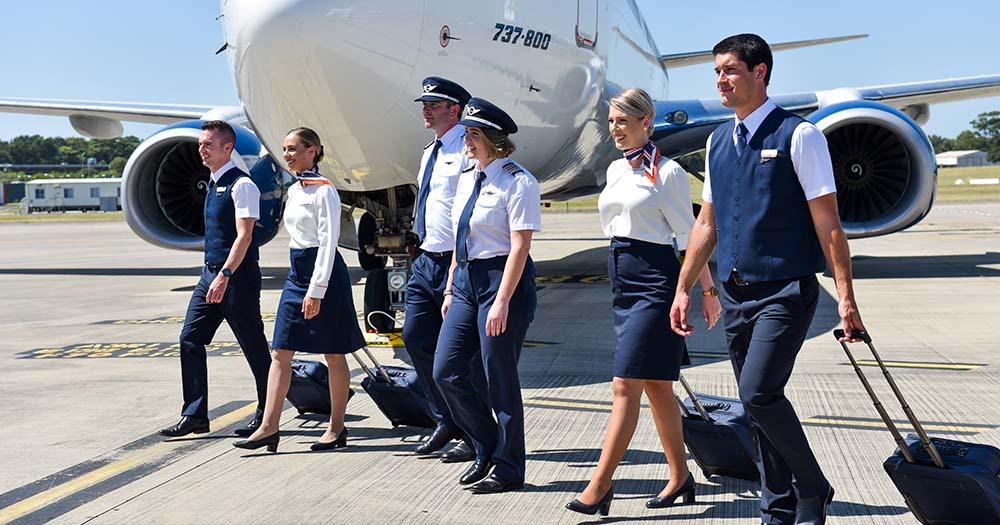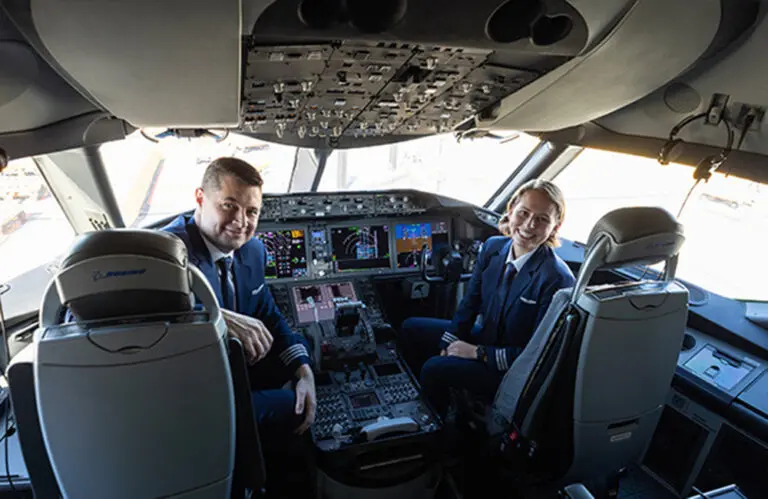The Federal Government has signalled it could step in to acquire Regional Express (Rex Airlines) if no private buyers emerge, marking a potential return to government-owned aviation for the first time in around three decades.
The Albanese Government is actively working with administrators to facilitate the airline’s sale, prioritising a market-led outcome.
However, if no viable buyer is found, a contingency plan – including possible Commonwealth acquisition – will be considered. According to the government, any support for bidders will hinge on commitments to maintain critical regional air services and provide value for taxpayers.
To ensure continuity, the government has waived Rex Airlines’ “use it or lose it” flight slot requirements at Sydney Airport until October 2026.
It has also extended a loan of up to $80 million and taken over $50 million of the airline’s debt from its largest creditor to keep Rex’s vital regional routes operating until at least 30 June 2025.
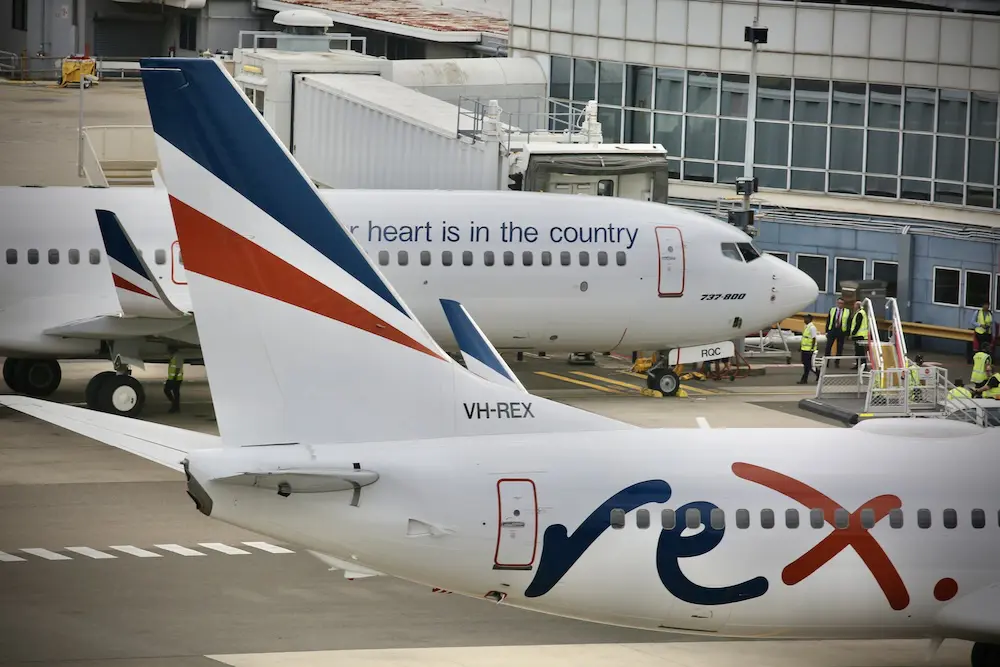
Prime Minister Anthony Albanese underlined the importance of “quality and crucial“ regional aviation services.
“We are working collaboratively with the administrators of Rex to ensure that regional services continue beyond June 2025, including looking at what support the Commonwealth can provide,” he said.
“Regional Australians can be assured that our Government will continue to fight to ensure these regional airfares remain available.”
Minister for Infrastructure, Transport, Regional Development and Local Government Catherine King said the government is working towards “making sure communities outside capital cities aren’t shortchanged”.
“When markets fail or struggle to deliver for regional communities the Government has a role to ensure people do not miss out on opportunities, education and critical connections,” she remarked.
“We are recognising that today and stepping in to keep these routes in the air.”
Travel industry response

In a letter to Federal Treasurer Jim Chalmers, shared exclusively with Karryon, the Australian Travel Industry Association (ATIA) welcomed the government’s decision to consider acquiring Rex but stressed the importance of ensuring support for travel agencies and the travel sector.
“Many travel agents have been left with substantial outstanding amounts as a result of booking with Rex Airlines and we are calling on the Federal Government to ensure support is extended to the wider travel ecosystem,” ATIA CEO Dean Long wrote in the letter.
“It is vital that the wider travel ecosystem, which is significantly impacted by Rex’s situation, is not left behind.”
Long also confirmed that there are around $11.5 million in outstanding payments owing to travel agents.
“This is due to commissions being paid in arrears, which many travel businesses have not been paid by Rex for two quarters,” he stated.
“The majority of the payments due to Australian travel businesses are from the regional network.
“On top of the financial exposure is the significant increase in workload as they worked to help those impacted navigate the developments in relation to future travel with Rex.”
To help ensure support for agencies, ATIA “requests that any public funds to support a continuation of Rex’s regional network use a clawback mechanism for these funds owed to travel agents over a 12 month period”.
“This is crucial to support impacted travel businesses, of which 98% are small businesses and the overwhelming majority are female owned and operated,” Long wrote.
“This also ensures consumers can easily compare and contrast the best fares that suit their needs, which is critical in keeping air fares competitive for domestic travel and maintaining the integrity and competitiveness of the Australian travel industry.
“We also note that despite the monies outstanding to travel agents, our members continued to sell Rex Airlines fares to ensure its regional network maintains its value and to support travelling Australians.”
Govt vs private-owned
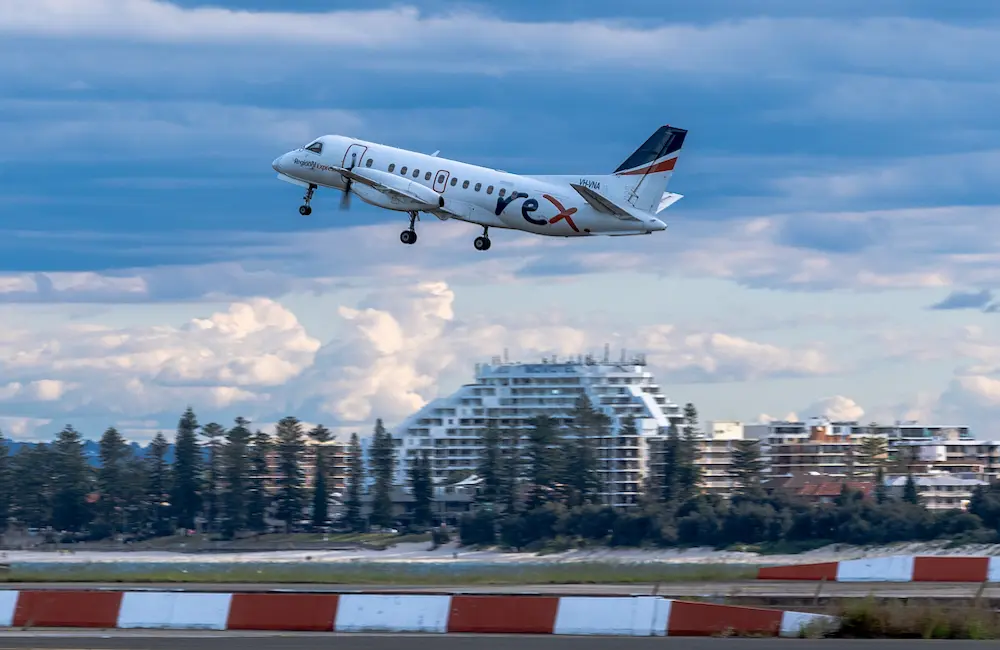
Some industry stakeholders, including ATIA and Australian Airports Association (AAA), stress that a private sale remains the preferred solution.
“There’s no doubt that the ideal solution will always be a private buyer,” the ATIA boss said in a statement.
“If the government does buy Rex, they must make good on the money owed to Australian travel agents and airports as a result of Rex’s collapse.”
“Any buyout of that debt or nationalisation of the airline must see these debts repaid as a priority. This can’t just be about sending money to international creditors.
“We also have to acknowledge that a number of the routes Rex operates are actually mandated monopolies so we need a robust third airline business in Australia.”
If Rex Airlines does transition to government control, it could reshape regional aviation, potentially stabilising airfares. However, it could also raise questions about long-term competition and efficiency.
“We’ve been advocating for the Albanese Government to support the sustainable continuation of regional air services after the financial collapse of Rex and any assistance in the ongoing sale negotiations is welcome,” ” AAA CEO Simon Westaway said.
“Greater competition in Australian skies will also help drive down airfares and ultimately benefit the flying public.”
Union support
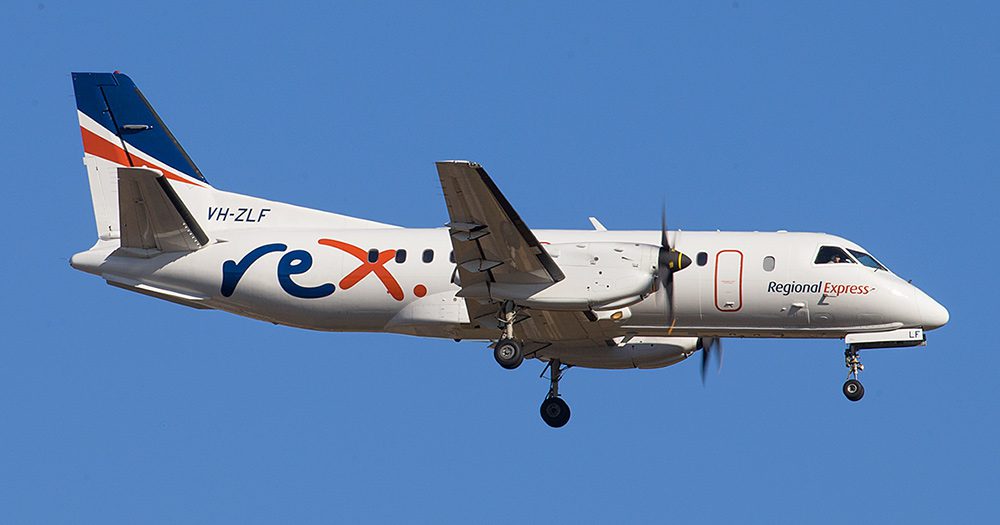
Meanwhile, the Transport Workers Union (TWU) has welcomed the government’s commitment to securing Rex Airlines’ future, either by supporting potential buyers or stepping in if none emerge. It says the move provides relief for workers and regional travellers relying on the airline’s services.
“This announcement that the Federal Government will ensure Rex’s long-term future is a huge moment for the aviation industry,” TWU National Secretary Michael Kaine said.
“It means certainty for workers, for businesses, for everyone relying on these critical routes for essential healthcare appointments and to stay connected with family and community.
“Workers and passengers are sick to death of airline and airport executives cashing in bonuses while they’re not sure if they’ll have a job or if their flight will actually get off the ground.
“Today’s announcement is a glimmer of hope for the future of aviation, after a decade of relentless pursuit of short-term profits that has driven the industry to its darkest point.”
As Rex Airlines teeters on the edge of voluntary administration, recent analysis from the AAA lays bare just how deeply its potential collapse could slice into Australia’s aviation sector and regional communities.


